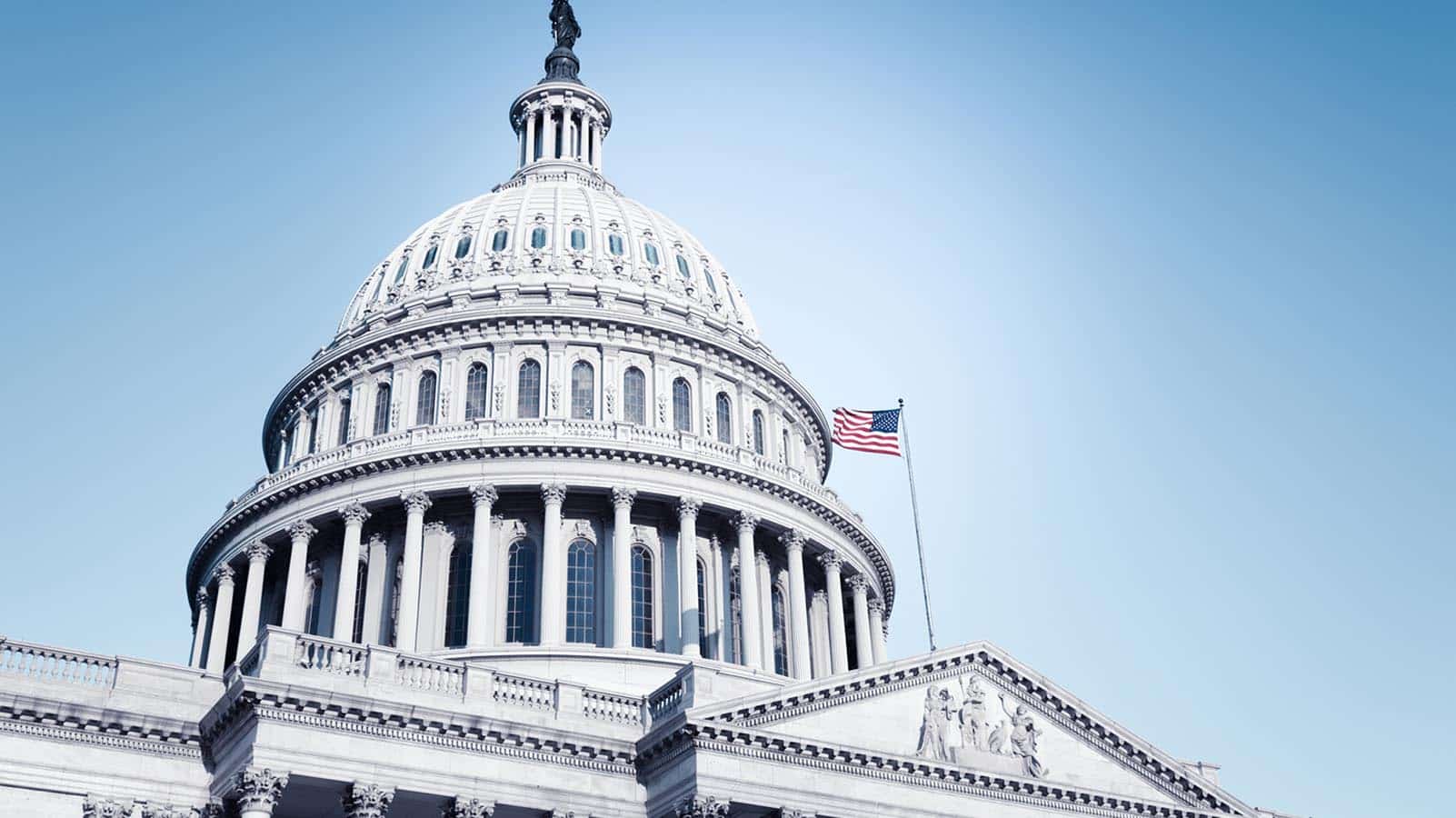What is Phantom Billing in Healthcare?
Phantom billing is a form of healthcare fraud that can have serious consequences for both patients and the healthcare system. By understanding what phantom billing is, how it works, and how to report it, you can help protect yourself and others from this harmful practice, and possibly obtain a substantial award for your information.
May 15, 2025

This information is provided for educational purposes only by Kohn, Kohn & Colapinto and does not constitute legal advice. No attorney-client relationship is created by accessing this content. Laws and regulations may change, and this material may not reflect the most current legal developments. If you believe you have a whistleblower claim, consult a qualified attorney to discuss your specific circumstances.
Phantom billing is a type of Medicare fraud that occurs when a healthcare provider submits claims for reimburse for treatments or procedures that were never performed, or for resources or equipment that were never used or provided to a patient.
This type of fraud is intended to steal money from the government via Medicare, which the government spent $832 dollars on in Fiscal Year 2023. With this level of spending, healthcare frauds may abuse the program to enrich themselves or their businesses.
Phantom billing can also take place when a provider submits claims for reimbursement for treatments that were not medically necessary for patients who are healthy, and who never needed the treatment or procedure to begin with.
Examples of Phantom Billing in Healthcare
Phantom billing can be difficult to detect, as patients may not always be aware of all the charges they are being billed for. Below are a few examples:
- Billing for tests that were never ordered or performed: A provider might bill for blood tests, X-rays, or other diagnostic tests that were never conducted.
- Charging for equipment that was never used: A provider might bill for medical devices or supplies that were never used during a patient’s treatment.
- Billing for services that were never rendered: A provider might bill for procedures or consultations that never took place.
Recent Cases Involving Phantom Billing
Imran Shams (2024)
A California man was sentenced to 10 years in prison for defrauding Medicare by billing over $234 million for fraudulent lab tests. He had previously been excluded from participating in Medicare due to prior convictions. Despite this, he continued to operate clinics and concealed his involvement in the lab. The man pleaded guilty to the charges and was ordered to forfeit millions of dollars and pay restitution. (Press Release)
Eight Charged in Healthcare Fraud (2024)
A coordinated law enforcement action uncovered a widespread healthcare fraud scheme operating in Texas and other parts of the United States. The scheme involved individuals who submitted false prescriptions, billed for services not provided, and received kickbacks. These fraudulent activities resulted in significant financial losses to federal healthcare programs and potential harm to patients.
The individuals involved were charged with various crimes, including conspiracy to defraud the United States, healthcare fraud, and money laundering. The scheme involved over $2.75 billion in alleged false billings. The individuals involved could face potential penalties of up to 10 years in prison and substantial fines. This case highlights the need for increased vigilance and enforcement to prevent future healthcare fraud. (Press Release)
Dr. Ronald David Dean (2024)
Dr. Ronald David Dean, 64, of Whitefish, Montana, was charged with defrauding Medicare and other government health programs through a telemedicine scheme. He was paid by a telemedicine company to sign orders for durable medical equipment that patients didn’t need. Dr. Dean then fraudulently billed for telemedicine office visits that never happened. The company also used his information to prescribe unnecessary COVID-19 tests to patients. In total, Dr. Dean’s actions led to over $39.6 million in false billings to government healthcare programs. (Press Release)
The Effects of Phantom Billing
Phantom billing has a major effect on both patients and healthcare systems. Patients might find themselves financially unable to pay for medical bills resulting from phantom charges. This can lead to a reduction in their credit score, and an increase in stress about paying those bills.
However, this type of billing leads to an overall increase in healthcare costs for everyone involved in the system, especially for insurance companies. This, along with other healthcare frauds leads to reduced trust in the healthcare system overall, as well as a gross waste of time and funds.
Report Phantom Billing
Patients who notice any unusual or unexplained charges on their medical bill should investigate and report them to your insurance provider or the appropriate authorities. On the other hand, insiders or employees with strong information of a phantom billing scheme being run by their employer should consider whistleblowing under the False Claims Act, especially if the billing scheme or amounts are quite large.
False Claims Act and Qui Tam Awards
The False Claims Act (FCA) is a federal law that allows the government to recover damages from healthcare providers or other entities who submit false or fraudulent claims for reimbursement from the federal government.
Within the FCA is the qui tam provision, which allows an individual to file a qui tam lawsuit against a fraudster on behalf of the government. In exchange, the government will pay a mandatory award of between 15 and 30 percent of a successful recovery to the qui tam relator.
These lawsuits are filed under seal, which means they are kept confidential.
How to report phantom billing using the FCA and qui tam:
- Gather evidence: Collect documentation that supports your claim, such as medical bills, insurance records, and any correspondence with the healthcare provider.
- Consult with an attorney: An attorney specializing in healthcare fraud can help you assess your case and determine if filing a qui tam lawsuit is the best option.
- File a sealed complaint: If you decide to proceed, your attorney will file a sealed complaint with the federal court.
- Government intervention: The government has the option to intervene in the case. If they do, they take over the prosecution.
- Potential recovery: If the lawsuit is successful, you may be entitled to a portion of the government’s recovery.
Keep in mind that it is mandatory to have an attorney present to file a qui tam lawsuit. Not only is it required to have an attorney, but it’s also a good idea, as the process of filing a qui tam lawsuit is complex. An attorney can also help you gather evidence, negotiate on your behalf, and help you get the full recovery you deserve for reporting phantom billing.
Don’t Forget State Laws!
Several other states have their own False Claims Act and qui tam laws. Thus, it’s possible to file a lawsuit under both federal and state programs and become eligible for multiple awards. See our State Whistleblower Laws and Cases page for more information.
Seeking Legal Assistance
If you’d like to report phantom billing and seeking to file a qui tam lawsuit, contact our attorneys today for a free and confidential consultation.
Our Firm’s Cases

Qui Tam Award to Whistleblowers: $50 Million
Daniel Richardson, a former Senior District Business Manager for Bristol-Myers Squibb (BMS), prevailed in one of the largest qui tam whistleblower cases filed against a major pharmaceutical company for “off label” marketing and illegal kickbacks.

$7 Million Exposed
This case study examines the successful use of the California False Claims Act by our whistleblower client James Connolly, who held multinational bank HSBC accountable for defrauding the California Public Employees’ Retirement System (CalPERS), a public pension fund, out of $7 million.

$100 Million Exposed
Alex Cherpuko, a 21-year-old whistleblower at the time, exposed a $100 million criminal enterprise, securing a $69.6 million judgment and becoming the first to simultaneously use False Claims Act, Dodd-Frank Act, and IRS whistleblower laws.
Relevant FAQs
Latest News & Insights
January 22, 2025





